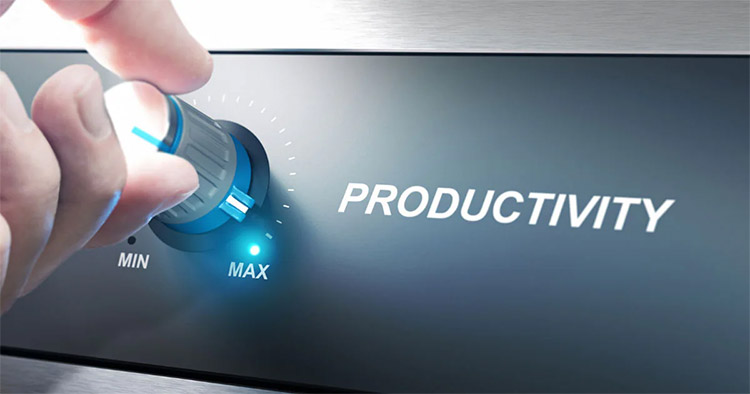How do you know if your remote workers are actually working? Most CEOs have this problem today.
According to a study by Microsoft, only 12% of CEOs believe that their remote workers are productive at home. In contrast, 87% of remote workers think they are more productive with the new setup.
“Productive paranoia” is now typical among upper management. Basically, it’s disbelief that an employee is productive despite the numbers showing otherwise.
With this, employees feel the need to prove themselves. And sometimes, even do unnecessary things just to show that they’re working. Thus, the rise of productivity theatre.

The Rise of Productivity Theatre
Ever watched a theatre production? Perfect lines coupled with melodic verses, with the stage set for an amazing performance.
But as a business owner, you’ll cry from all the wasted time with productivity theatre.
Productivity theatre is making yourself “look” busy rather than actually getting things done. Ever heard of the saying “busy doesn’t mean productive?” That’s a phrase that hits this right on the head.
Thus, your employees may set unnecessary meetings, check too many emails, and update their status just to fill the time and show that they’re “productive.”
Instead of pumping out quality output, they’re “busy” looking busy instead.
So how do you stop this nonsense? Here are some changes you can implement.

Trust Your Remote Workers
It all starts with trust, and a lack of trust is all too evident when there’s micromanaging or too many controlling procedures in place.
An example is using time trackers to “catch” their idle time. Another is when you call out your employees about opening other applications – even if it’s not affecting their productivity.
This way, your remote workers won’t have a choice but to show that they’re 100% productive. But this isn’t attainable, at least not all the time. That’s why most employees resort to faking productivity.
So give your remote workers more autonomy and let their output speak for itself.

Measure Productivity Instead of Time Spent at Work
Trust isn’t built overnight. There’s even a saying that trust is earned, not freely given. But how do you build confidence in their skills? Measure productivity instead of time spent on the job.
You hired your remote workers for a reason, so set a clear and attainable standard for the output you expect from them.
If you have writers, how many articles should they produce in a week? For salespeople, how much is their quota?
When they meet these KPI’s, will it even matter if they opened Facebook or streamed a Youtube video while doing it? Obviously not.

Understand that Idle Time Can Be Productive
Creative ideas are fleeting. Sometimes, it just strikes when you start. But mostly, it takes time for your brain to produce them.
Ever had a time when you took a break from work and then suddenly, a great idea pops out of nowhere?
That’s why breaks are essential. Studies show that breaks can help our subconscious mind to process information, especially the ones we’re focused on solving.
When breaks are utilised correctly, imagine how your business can benefit when your employees keep coming up with brilliant ideas!
Are you looking to build a remote working team that delivers high-quality output from the get go?
View our candidates for the best Filipino remote workers for your business. They are equipped to be productive online, even without too much supervision.
Call us or schedule a callback for more information. Cheers to building your team!
Leandro is a content creator and digital nomad who started his career as a remote working content writer. He is an advocate of location independent sources of income. And he believes that everyone has the ability to be one as well. If you have any content requests and suggestions, feel free to email him at leandro@remotestaff.com.





















